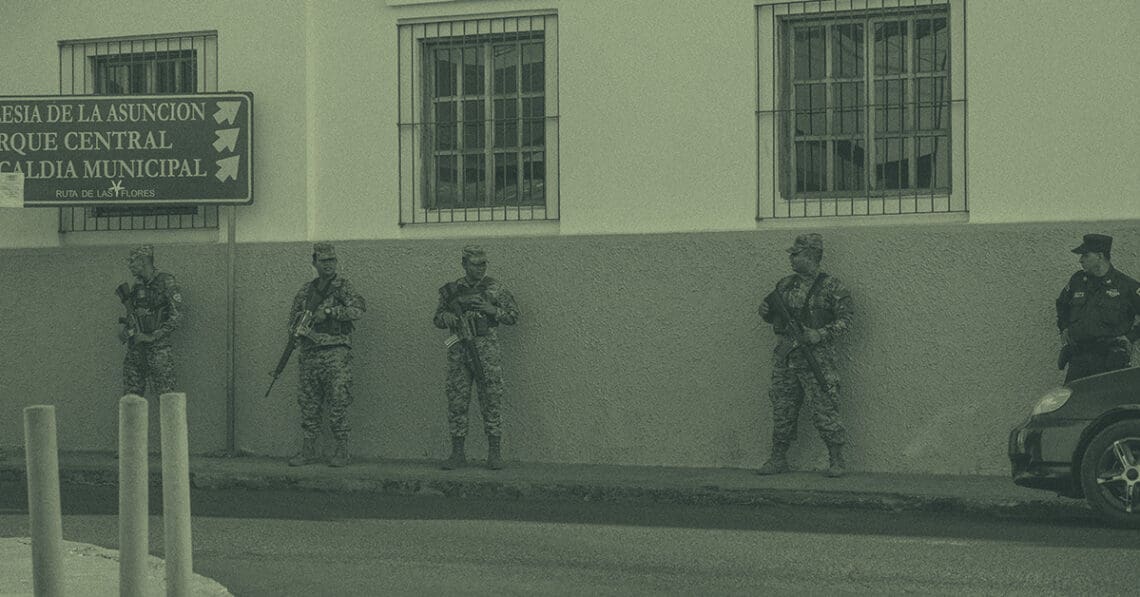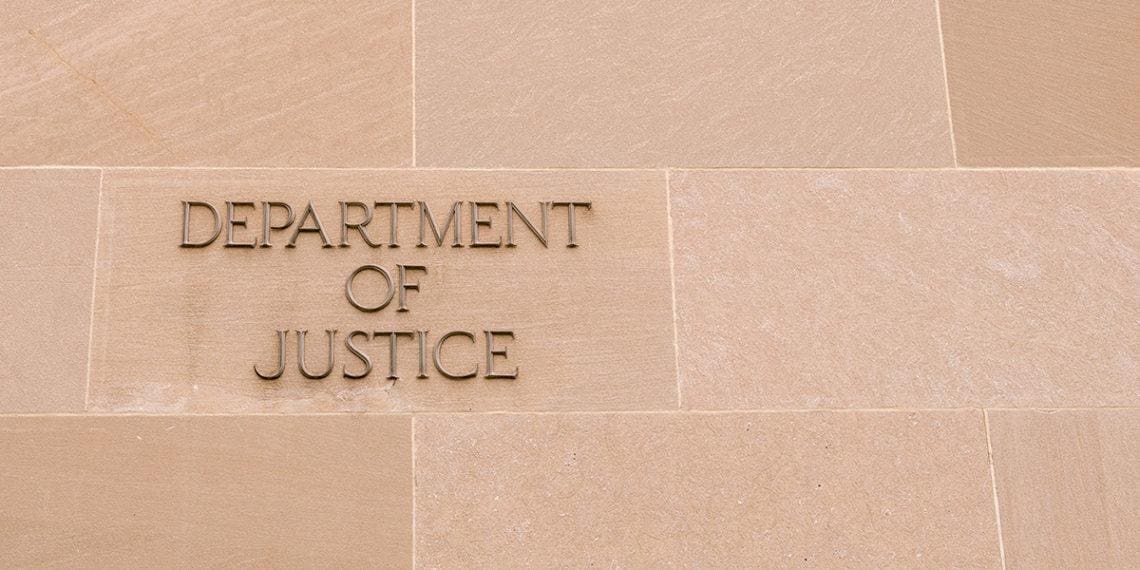The expansion of Latin American cartels into legitimate business structures has created new intersection points between FCPA violations, money laundering and terrorism financing laws, multiplying corporate exposure and penalties. Corporate intelligence specialist Richard Fogarty analyzes how companies can shift from reactive to proactive compliance approaches, emphasizing the need for deeper due diligence and ongoing monitoring in environments where criminal networks operate with the sophistication of multinational corporations.
With Latin American cartels expanding their reach and influence and the Trump Administration embracing a more aggressive and unilateral approach to combating drug cartels and transnational criminal organizations, companies in the region now carry the heightened responsibility of proving that they are not inadvertently linking to criminal networks that operate with the scale and structure of legitimate multinationals.
To wit, the global cocaine trade is expanding at an unprecedented rate, with Europe now surpassing the US as the largest market. Traffickers have adapted quickly, establishing new routes through the Amazon to export cocaine from production hubs in Colombia and Peru to ports in Brazil for shipment abroad. As these organizations accumulate wealth at the scale of national economies, they are also diversifying into other illicit businesses and increasingly embedding themselves into the legitimate economy.
What was once a lesser challenge concentrated in a few drug-producing nations has now become a region-wide crisis. All Latin American countries, even those that were once considered safe havens (e.g. Chile and Ecuador), are now experiencing levels of violence and corruption that threaten to overwhelm state institutions. In response, governments are adopting divergent strategies, while for the first time the US considers more aggressive unilateral approaches, including military force. In the meantime, the cartels continue to evolve, forming alliances with criminal networks overseas and expanding their influence at government and corporate levels, through bribery.
So, considering FCPA today, several new intersections create corporate exposure. Bribery is often a gateway to terrorist financing. Bribes paid to foreign officials in high-risk jurisdictions can directly or indirectly finance terrorist groups, for example, payments to border and customs officials who may then allow terrorist-linked smuggling — whether arms, narcotics or humans — to move unchecked, effectively enabling these operations. The DOJ’s 2025 guidance links cartel- and transnational criminal organization (TCO)-related bribery to terrorist financing concerns, framing these as national security threats, not just commercial misconduct.
Meanwhile, there’s a strong overlap between FCPA and anti-money laundering (AML) laws, wherein corrupt payments often require concealment through complex financial transactions through shell companies, trade mis-invoicing and layered transfers. These transactions can resemble money-laundering strategies exposing companies to prosecution under both FCPA and AML statutes. US prosecutors can frequently charge for bribery, wire fraud and money laundering, magnifying the risk, liability and penalties.
Companies using agents, distributors or contractors in high-risk zones incur third-party risk when unwittingly routing funds through entities tied to terrorist networks. Under FCPA, corporations still are liable if they should have known about the illicit affiliations. Failure to properly vet counterparties creates dual exposure, both to FCPA for bribery and AML for illicit flows.
Add to that the intersection with sanctions and bribes that involve government officials in sanctioned jurisdictions (e.g., Iran, Venezuela, Syria) can amount to terrorist financing violations under OFAC rules. This creates another compliance convergence point: An FCPA violation may simultaneously be a sanctions and terrorist-financing breach, again compounding risk.
The impact of this can be compounded in an additional way. Lost corporate reputation can jeopardize financing, as lenders and investors apply AML/CTF standards and exposure to FCPA-linked bribery in cartel or terror-sensitive regions. Companies flagged for such risks face heightened scrutiny under the Bank Secrecy Act and the Patriot Act, potentially losing correspondent banking relationships.
Latin America presents distinct compliance challenges
Companies must continue to maintain robust, well-documented FCPA compliance programs. However, for compliance professionals in companies with ties to Latin America, this frightening new landscape presents a growing threat that demands immediate attention. Here we’ll discuss some proactive strategies companies can take to remain within US compliance. The operative word is preparedness.
In regions where criminal networks influence large segments of the economy, companies may unknowingly engage with subcontractors or hire employees that have ties to cartels. However, a lack of awareness offers no protection from FCPA regulators. This significantly raises the standard for due diligence. Traditional vendor checks are no longer enough. Effective due diligence should include discreet human source inquiries, reviews of local news and court filings and close examination of supply chains to detect hidden intermediaries. In areas where corruption risk is deeply rooted, ongoing monitoring is often the only way to maintain a credible FCPA compliance position.
Assessing the Business Risks of the Trump Administration’s ‘Total Elimination’ Strategy
As cartels increasingly participate in mainstream economic activities, traditional due diligence practices become inadequate to address new material support risks
Read moreDetailsPreparing before investigation
Compliance professionals should be thinking ahead, not waiting for a regulatory investigation to begin. In the current environment, a proactive approach to preparedness for FCPA enforcement activity in Latin America needs to include:
- Risk mapping. Identification of third-party relationships, high exposure jurisdictions and contracts most likely to draw the attention of enforcement agencies.
- Baseline fact-gathering. Collection and organization of financial records and communications now, while the process can be managed carefully and without external pressure.
- Expanding local intelligence resources. Establishment of trusted connections with investigators in the region who understand both the commercial environment and local enforcement practices.
- Scenario testing. Conducting internal exercises to simulate reports of misconduct and test how effectively your organization would respond.
These efforts should not be treated as a box-checking exercise. The depth and quality of this type of preparation can directly influence how enforcement agencies will evaluate the organization. Being able to present a well-documented, well-reasoned account, based on evidence collected prior to any regulatory action offers a strong foundation during any inquiry.
From response to readiness
For many organizations, FCPA investigations start with a phone call after a problem has surfaced. As we can see in the case of Latin America, that model no longer fits today’s volatile and changing climate. Companies that have already identified their key risks, examined areas of weakness and created a clear record of their findings will be in the best position to handle the new intensity of regulatory scrutiny.
Securing the best possible outcome will depend on the facts that have been gathered in advance, even if ultimately, it will fall to legal counsel to manage the regulatory response. Moving from reactive to proactive and ready means embedding investigative planning into everyday compliance. In today’s risk environment, that shift is not optional.




 Richard Fogarty is head of disputes & investigations, Americas at S-RM, a global corporate intelligence and cyber security consultancy. He is an expert in matters related to regulatory compliance, crisis management/reputational protection, complex internal and external frauds, FCPA/ABAC investigations, anti-money laundering and anti-terrorist financing, OFAC-related matters, investigative due diligence, business intelligence and asset tracing investigations.
Richard Fogarty is head of disputes & investigations, Americas at S-RM, a global corporate intelligence and cyber security consultancy. He is an expert in matters related to regulatory compliance, crisis management/reputational protection, complex internal and external frauds, FCPA/ABAC investigations, anti-money laundering and anti-terrorist financing, OFAC-related matters, investigative due diligence, business intelligence and asset tracing investigations. 







